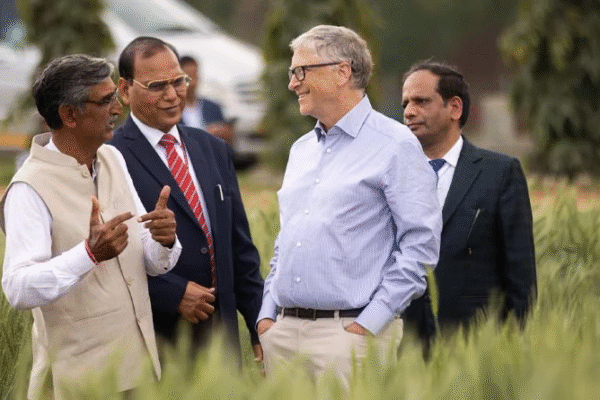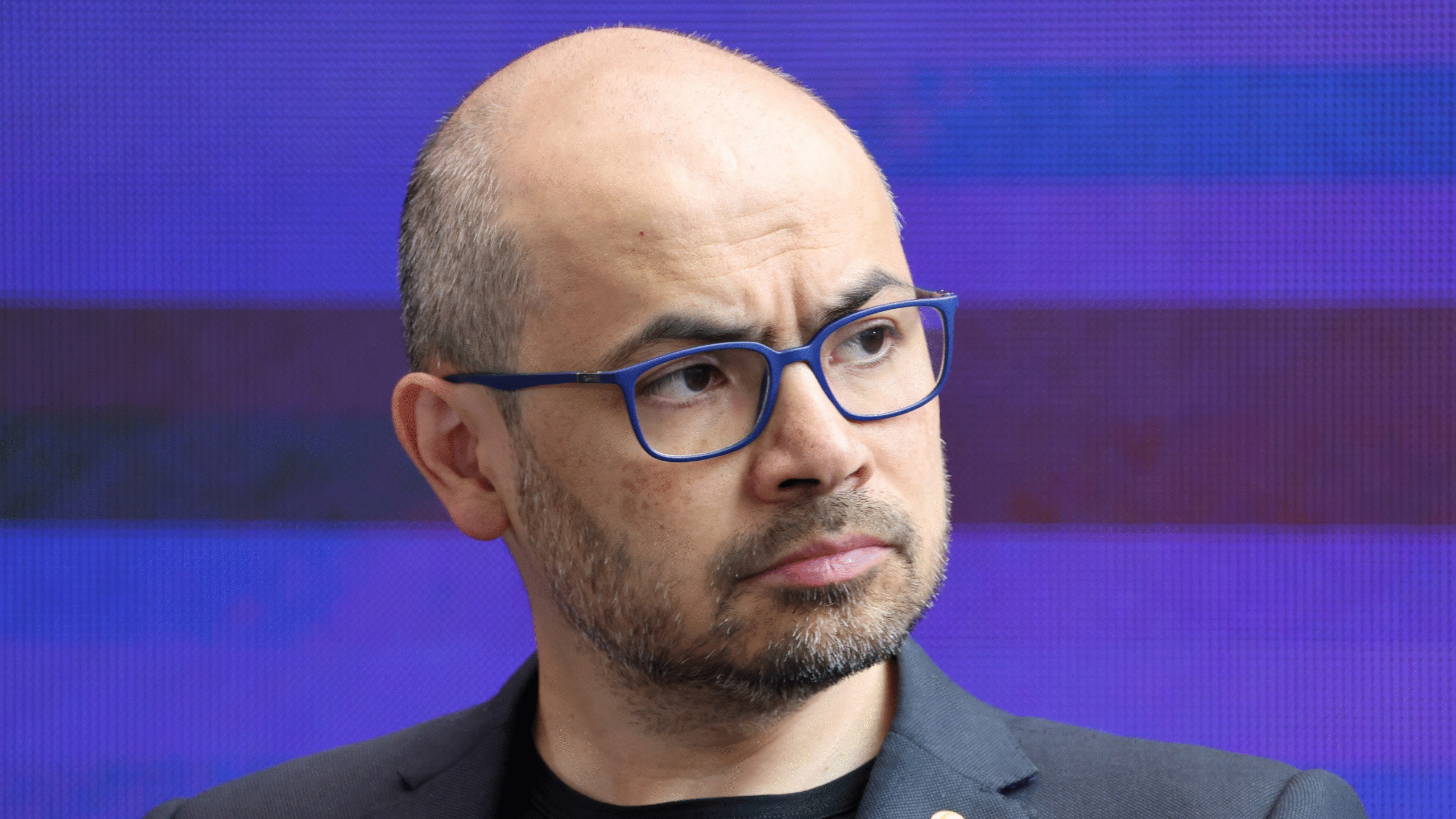

#News Bureau May 22,2025
Amid allegations of leveraging Operation Sindoor for political gain, Prime Minister Narendra Modi once again delivered a sharp message to Pakistan, asserting a firm stance on terrorism. Speaking at a public rally in Bikaner, he said, “Modi’s mind may be calm, but his blood runs hot… Sindoor flows through my veins.” He described Operation Sindoor as a new benchmark in India’s fight against terrorism, declaring that any future terror attack will be met with a decisive response.
Addressing Pakistan directly, the Prime Minister stated that India will no longer allow terrorism and trade to coexist. He emphasized that any future dialogue with Pakistan will focus solely on two issues: terrorism and Pakistan-occupied Kashmir (PoK). Reiterating India’s tough stance, he said, “Water and blood cannot flow together,” referencing India’s continued review of the Indus Waters Treaty in light of cross-border terrorism.
Modi further said, ‘Operation Sindoor has not ended, this is the new norm now. If there is a terrorist attack, the response will be immediate and harsh. The threat of nuclear weapons will no longer work.’ He also added that India will not see any difference between terrorists and the Pakistani army.
Prime Minister Modi said,

Pakistan has forgotten one thing that now Modi, the servant of Mother India, is standing here with his head held high. Modi’s mind is cool, remains cool, but Modi’s blood is hot. Now, not blood, but hot sindoor is flowing in Modi’s veins. Narendra Modi
The Prime Minister said, ‘If Pakistan continues to export terrorists… then it will have to beg for every penny. Pakistan will not get the water that is India’s right. Playing with the blood of Indians… will now cost Pakistan dearly. This is India’s resolve and no power in the world can shake us from this resolve.’
Prime Minister Narendra Modi has described Operation Sindoor as a defining symbol of India’s new, aggressive posture against terrorism. According to official sources, the operation was launched in direct response to a foiled terrorist attack on April 22—neutralized within just 22 minutes—highlighting the speed and precision of India’s counter-terror capabilities.
Speaking at a rally, PM Modi stated that this operation reflects a permanent shift in India’s counter-terrorism policy. He asserted that India will no longer tolerate cross-border terrorism and warned that such incidents will now be met with decisive retaliation.
Sending a clear message to the international community, the Prime Minister reiterated that India will not accept any third-party mediation on the Kashmir issue, firmly stating that Pakistan must return Pakistan-occupied Kashmir (PoK).
Referring to the Indus Waters Treaty, PM Modi declared, “Water and blood cannot flow together.” The remark signals India’s continued reconsideration of the water-sharing pact with Pakistan, which has been under review as part of India’s response to repeated terror attacks.
Operation Sindoor: Modi’s Message Reshapes India-Pakistan Narrative, Sparks Political Row
Prime Minister Narendra Modi’s recent remarks in Bikaner, invoking Operation Sindoor, are being interpreted as a pivotal shift in India’s approach toward Pakistan. His message—aimed at both Islamabad and the global community—underscored a hardened stance on terrorism and reiterated India’s claim over Pakistan-occupied Kashmir (PoK). Analysts suggest the declaration bolsters India’s strategic and diplomatic leverage.
The statement triggered a strong wave of reactions online. Supporters praised Modi’s assertiveness, with posts celebrating the speech as a sign of India’s uncompromising foreign policy. Some, however, raised concerns over the potential consequences of such a confrontational tone for regional stability.
Domestically, the issue has quickly become politically charged. The opposition, led by the Congress, accused the BJP of exploiting Operation Sindoor—a military strike reportedly conducted on May 6–7, 2025—for electoral gains. They argue that the government is turning military action into a political campaign.
In response, the BJP is actively promoting the operation as a milestone in India’s anti-terrorism doctrine and as evidence of Prime Minister Modi’s strong leadership. The party has launched Tiranga Yatras and intensified its digital outreach, describing the strike as a blend of “policy, purpose, and resolve.”
Escalating the controversy, Congress leader Rahul Gandhi alleged that External Affairs Minister S. Jaishankar had tipped off Pakistan ahead of the operation—an accusation the BJP dismissed as “parroting enemy lines.”
Once positioned to unite the country around a national security achievement, Operation Sindoor is now at the heart of a polarizing political narrative. While the BJP frames it as a triumph of national will, critics warn of the risks of politicizing military action. As both foreign policy and electoral strategies collide, the fallout could significantly influence India’s geopolitical stance and the upcoming general elections.

NewsHasghag operates a 24/7 news bureau that tracks the real-time, social media-driven stories from India and around the world, keeping you ahead of the day’s key talking points. Our digital-first approach transforms storytelling through the seamless integration of data, interactive charts, video, and audio into every narrative









